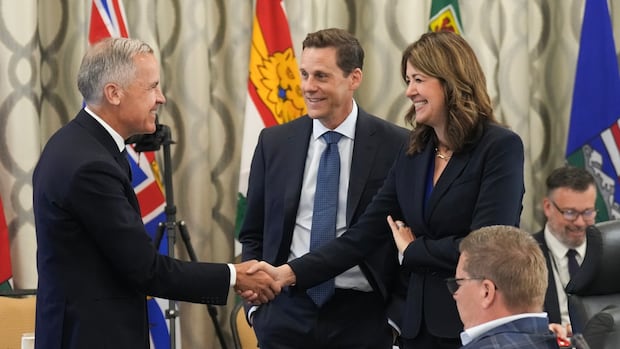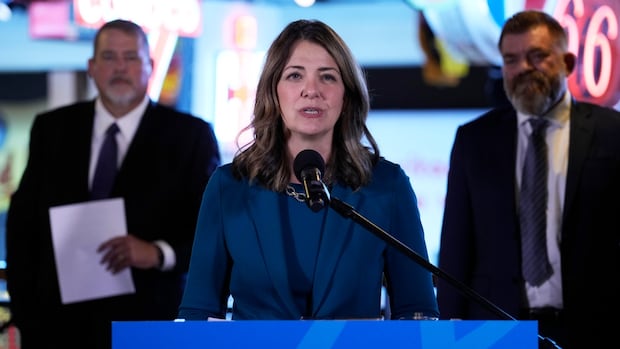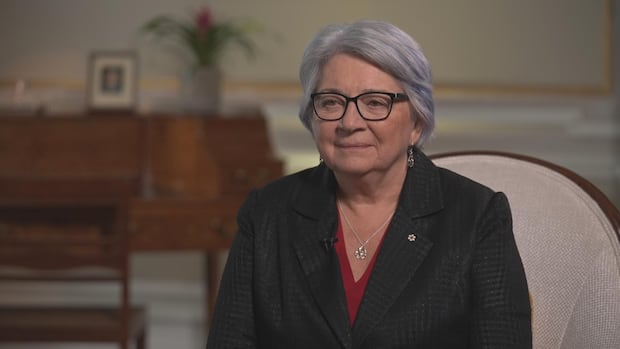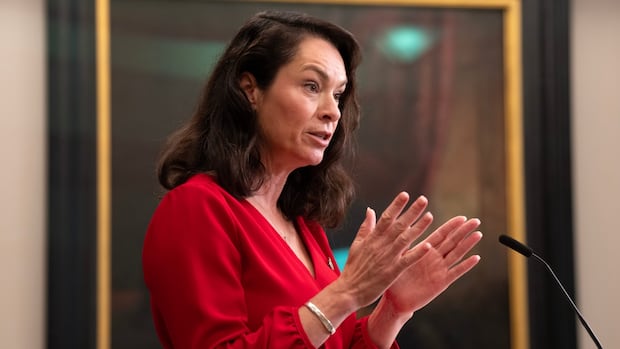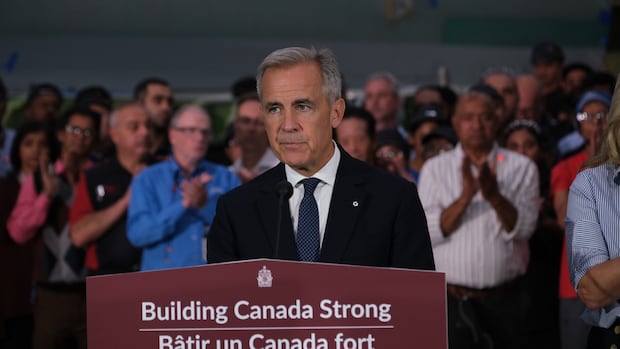Nearly 10 years after appearing as an honorary witness before the Truth and Reconciliation Commission, Gov. Gen. Mary Simon is reflecting on her experience as an Inuk child, when older children in her community started being sent away to residential schools.
Simon said that because she had a white father, she was forbidden from attending a residential school.
"It was a significant event for me on a personal level because I was carrying that guilt," she said in an interview with CBC's Power & Politics. "I didn't really understand it until I started to think about all the kids that went to residential schools and were traumatized, abused."
Being left behind, Simon said she was a witness to the grief of the families in her community. She described attending church with her grandmother, feeling confused when parents would hug her and her siblings.
"I realized at some point that this is because they were missing their children so much that they just wanted to feel the body of a child," she said.
WATCH | Gov. Gen. Mary Simon reflects on truth and reconciliation:Gov. Gen. Mary Simon sits down with CBC’s Power & Politics to reflect on the National Day for Truth and Reconciliation and the upcoming 10-year anniversary of the Truth and Reconciliation Commission's final report.A decade after sharing her experience with the Truth and Reconciliation Commission, Simon said a "tremendous change" is taking place in Canada.
"The most visible is the dialogue that is happening between First Nations, Inuit and Native peoples with other Canadians," she said.
There's still more work to be done, as reconciliation isn't a policy issue that can be fixed with a set of laws, Simon said.
"It's more of a value that we should carry with us. It's a lifelong commitment. Reconciliation is like empathy, happiness," she said.
WATCH | Federal government defends major projects legislation:Kody Blois, parliamentary secretary to the prime minister, tells Power & Politics that Bill C-5, the federal government's major projects legislation, is 'not about shortcuts,' will uphold Indigenous rights and will enhance 'economic opportunity for all Canadians.' The bill also contains provisions to remove domestic trade barriers.It's a value that's been tricky to navigate as the federal government pushes forward with its plan to fast-track major projects.
Several First Nations, Inuit and Métis groups have raised concerns about the streamlined process trampling on Indigenous rights. Many have said they were not properly consulted ahead of the legislation, Bill C-5, being tabled.
Simon said she believes the federal government can "work out these issues that might or might not be problems at all" by staying true to the commitments promised to Indigenous communities as part of the major projects push.
"When I look at the commitment that has been made now from the prime minister to work with Indigenous people and make them partners as well as provide employment, I think that there's an opportunity here."



